Ankr Announces ETH Validator Hub

Ethan Nelson
February 27, 2023
4 min read

Ankr is launching new features for liquid staking users that will ultimately increase the security of our liquid staking service and provide more functionality and transparency for users. In this article we’ll discuss the three new services: an open marketplace, slashing protection pools, and restaking to support greater decentralization and node operator diversity in our liquid staking services.
Open Marketplace
The first feature we’re launching is an open marketplace that will act as a transparent way for users to choose which nodes they want to delegate their assets to. Currently, we’re starting this marketplace with Ethereum and will expand to other networks soon. This marketplace will provide users with greater flexibility and control over their assets, allowing them to choose the nodes that fit their specific risk assessments and APY goals. Effectively, this service is offering a delegate stake experience to ETH stakers.
Slashing Protection Pools
As you may know, slashing is widely considered to be the most significant risk associated with liquid staking in Proof of Stake blockchains. When a validator node fails to fulfill its responsibilities, such as failing to properly validate transactions or participating in malicious activities, the node will be penalized and staked assets will be forever lost. Given the significant financial risks associated with slashing, it is critical that users take steps to mitigate this risk and protect their investments.
Furthermore, Ethereum doesn’t natively support delegate staking like many other proof-of-stake networks do. However, Ethereum stakers can delegate the validator key to a node operator, and keep the withdrawal key. However, a malicious operator could not return a validator key and incur slashing for their "clients" who delegate the validator keys to them. If the validator key is not returned, the funds cannot be unstaked and it results in a bad situation for everyone involved.
For this reason, node operators are expected to have a slashing pool to provide slashing protection to "delegate stakers". Anyone will be able to deposit any token the node operator deems appropriate in a slashing pool, and share its node operator fee with slashing pool stakers.
Ultimately, the decision to have a slashing pool or not belongs to the node operator and the decision to delegate ETH validation keys to a node operator with or without a slashing pool is up to delegate stakers. Therefore, we at Ankr have built a service that provides the underlying infrastructure to support the ETH Validator Hub, which includes: onboarding new node operators and making sure the marketplace is fully transparent for all parties involved.
Restaking
Finally, Ankr is now enabling users the opportunity to stake ankrETH directly, further compounding liquid staking rewards. This means that users can delegate their ankrETH tokens to slashing pools associated with individual node operators and receive rewards in ETH, which come from node operators fees to provide slashing coverage. In the case of ankrETH token deposit, ETH rewards will be automatically compounded. The process of restaking also provides overall security to the Ethereum network by staking ETH through ETH Liquid Staking (ankrETH).
This creates a compounding effect, as the rewards earned from staking are continually reinvested to generate even more rewards over time. This caters to users that don’t want to participate in complex and technical DeFi strategies, but are seeking higher yield. Restaking provides this easy and efficient way to earn more passive income through staking.
Al in all, restaking is fundamental to making on-chain slashing coverage more capital efficient for node operators. It supports slashing coverage because node operators are now required to share a lower portion of their operator fees since slashing pool stakers are receiving additional restaking rewards on top of the ETH staking APY.
Conclusion
All in all, Ankr is launching three new features for liquid staking users aimed at improving platform security, functionality, and transparency. The open marketplace offers flexibility and control, enabling users to choose nodes for their assets depending on risk and APY. Slashing protection pools mitigate risk, reimbursing users if nodes get slashed, while the restaking feature provides a simple way to earn passive income through staking.
We’re continuing to commit to innovation because we at Ankr believe that liquid staking can become a pillar of secure and reliable yield in the DeFi ecosystem.
Similar articles.
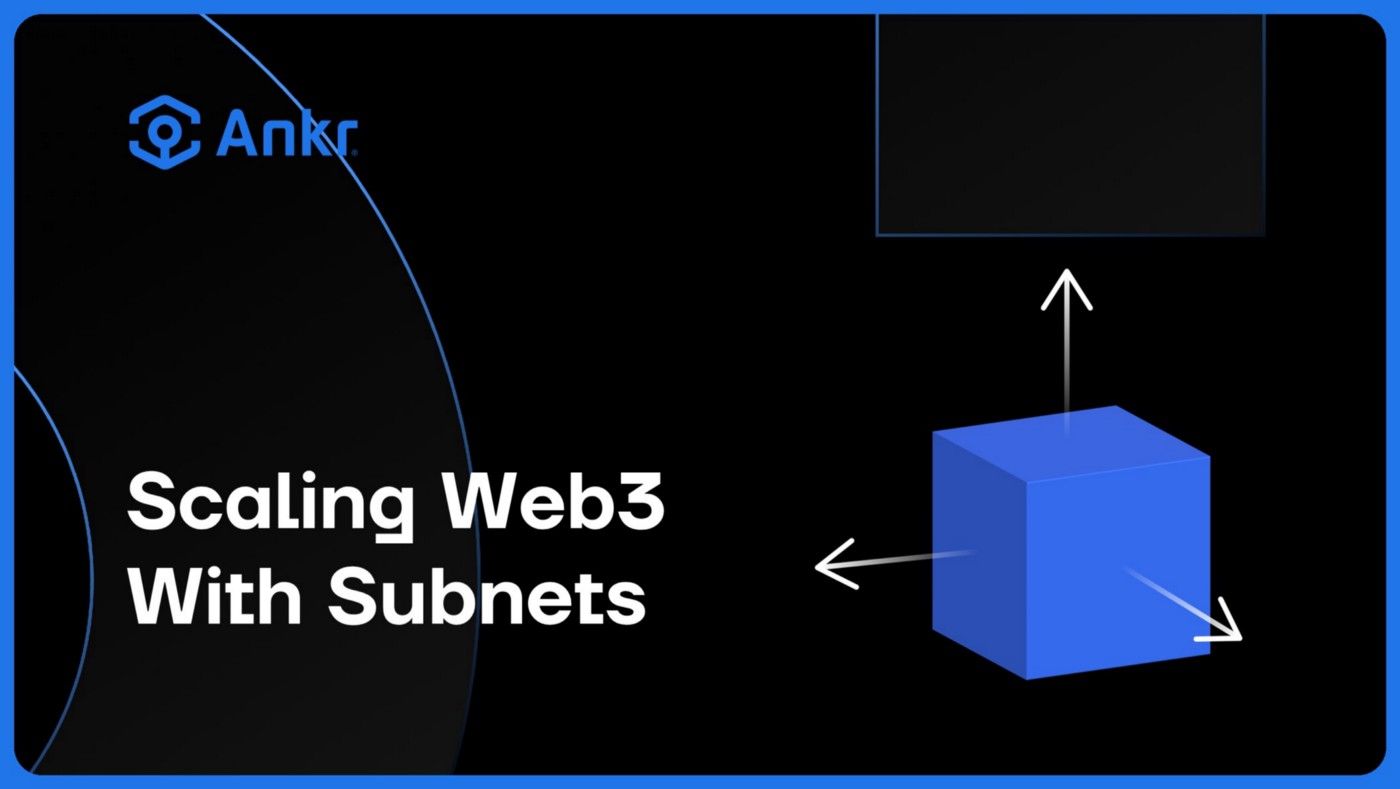
Application-Specific Blockchains: More Flexibility & Scalability for Web3 Development
Blockchains for Application: Greater Flexibility and Scalability for Web3 Development
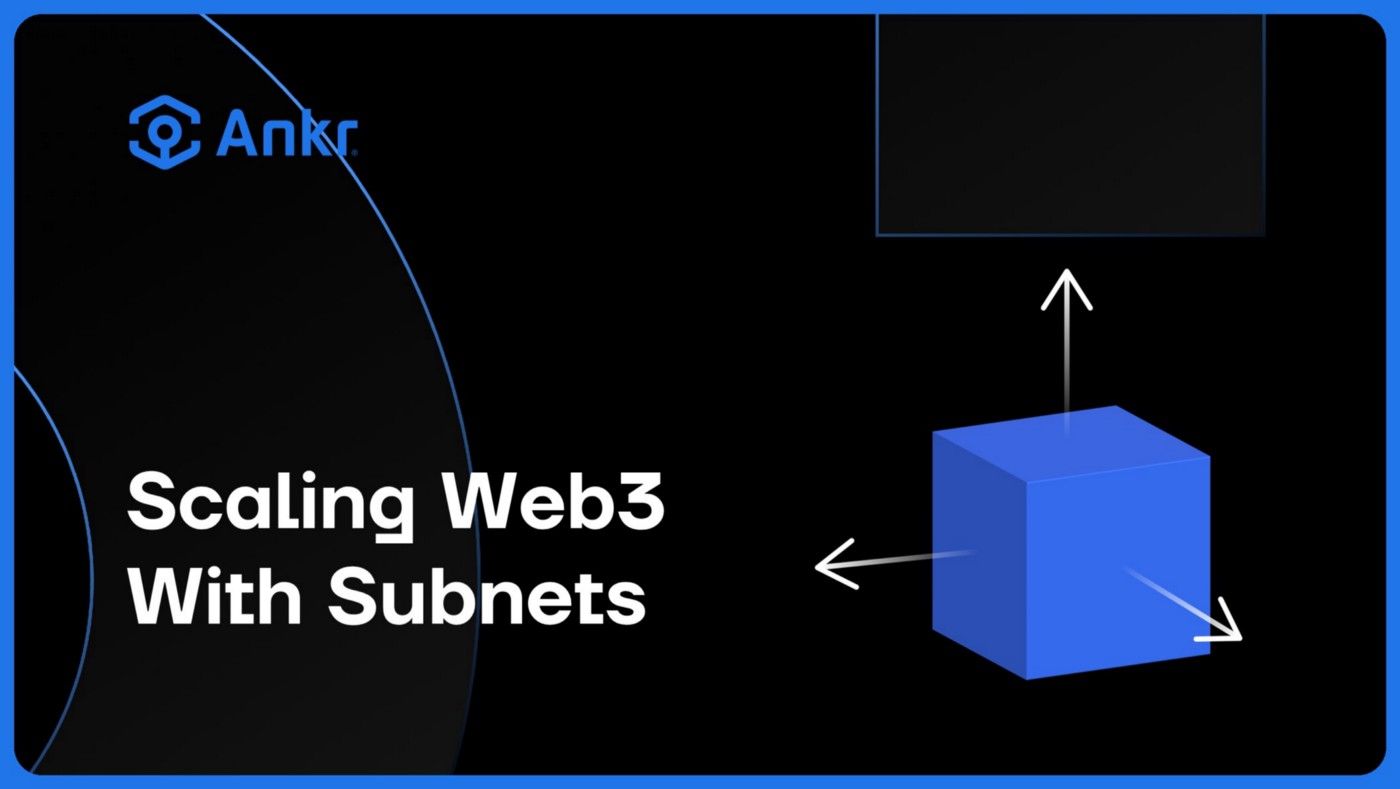
Introduction
All inventive scaling methods have emerged in the continuous attempt to make blockchains sufficiently...
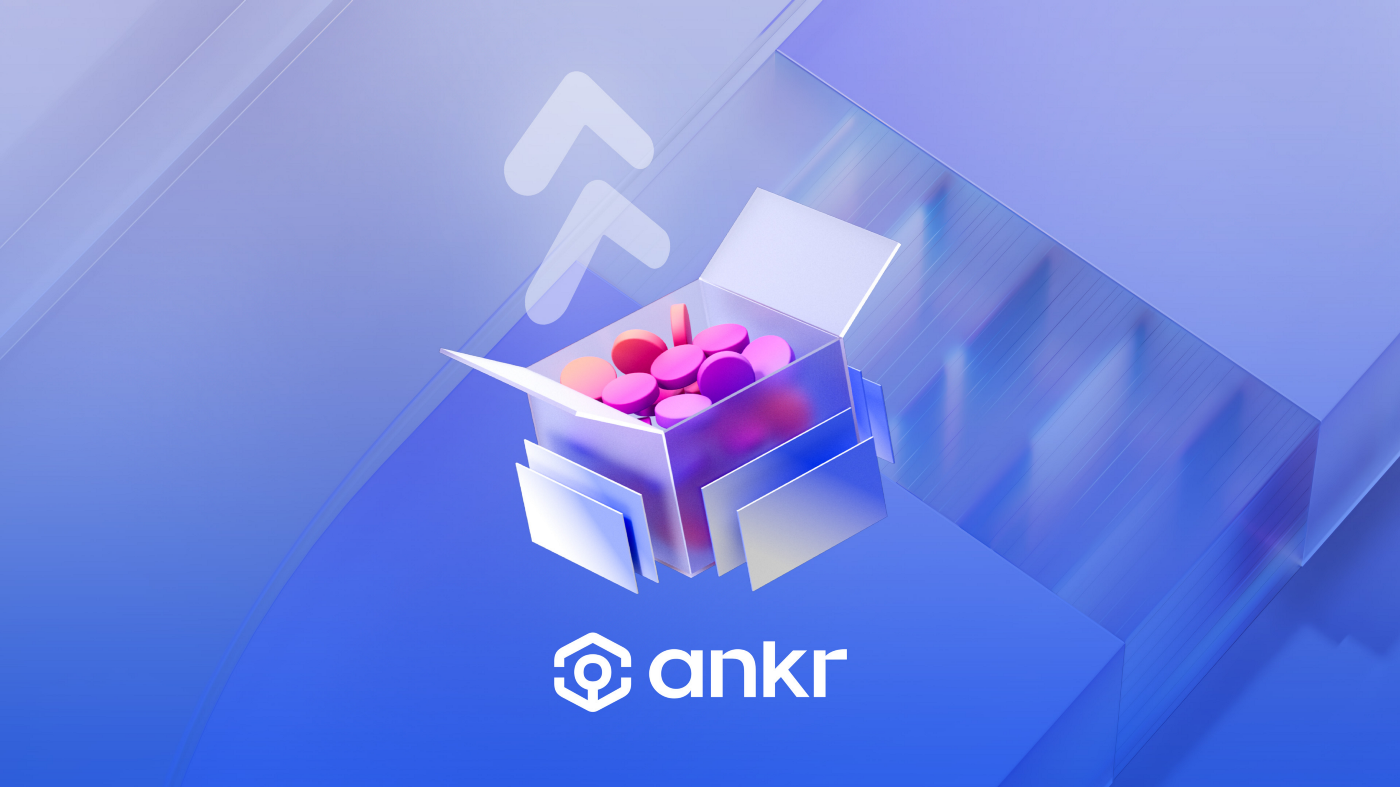
Liquid staking: The DeFi upgrade
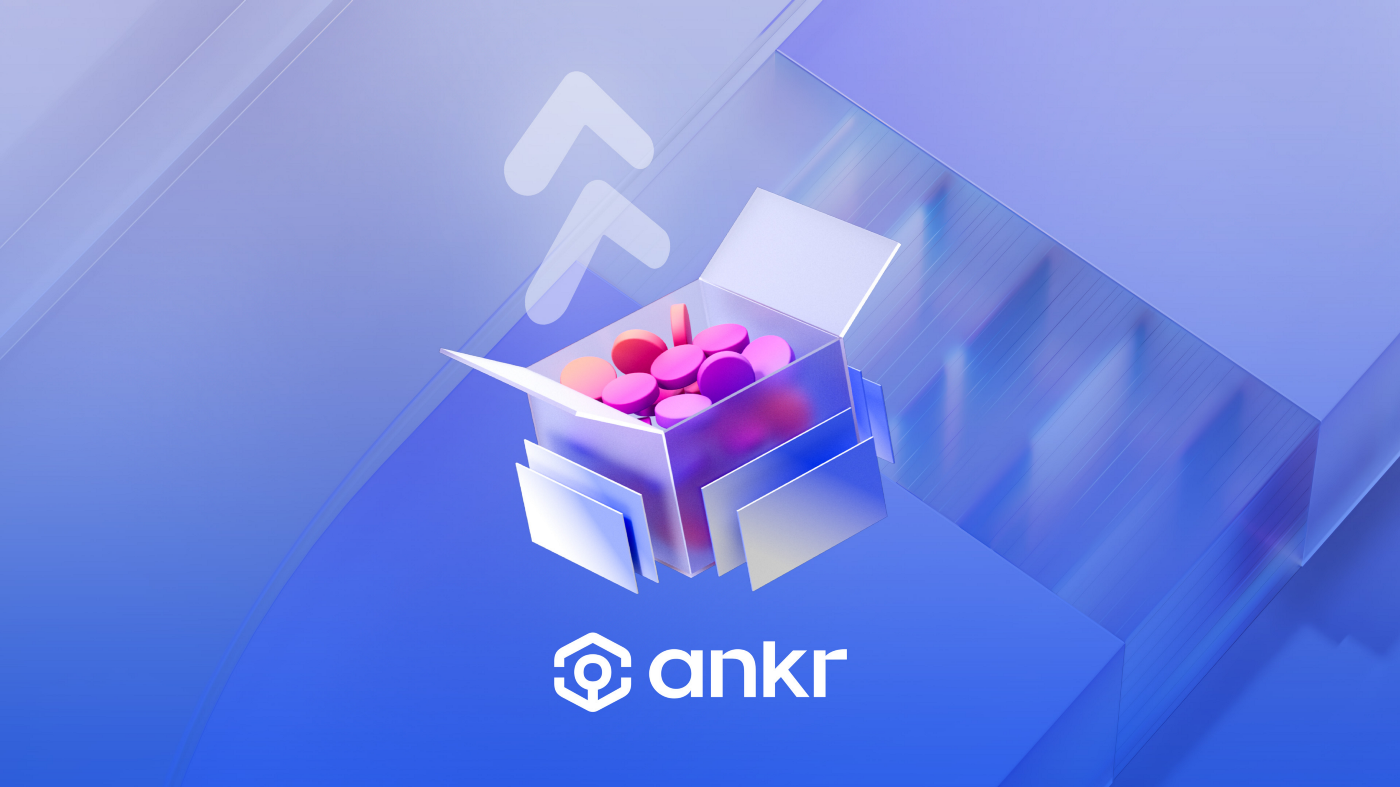
Decentralized finance (DeFi) signaled the beginning of a new era in the history of crypto assets. Unlike conventional finance, it does away with the necessity...

What Does Ethereum’s Shanghai Upgrade Mean for Liquid Staking Tokens (LSTs)?

Kevin Dwyer
February 6, 2023

As Ethereum’s Shanghai update looms in April, the crypto community and media have been anticipating a shift toward Liquid Staking Tokens or “LSTs” as opposed...
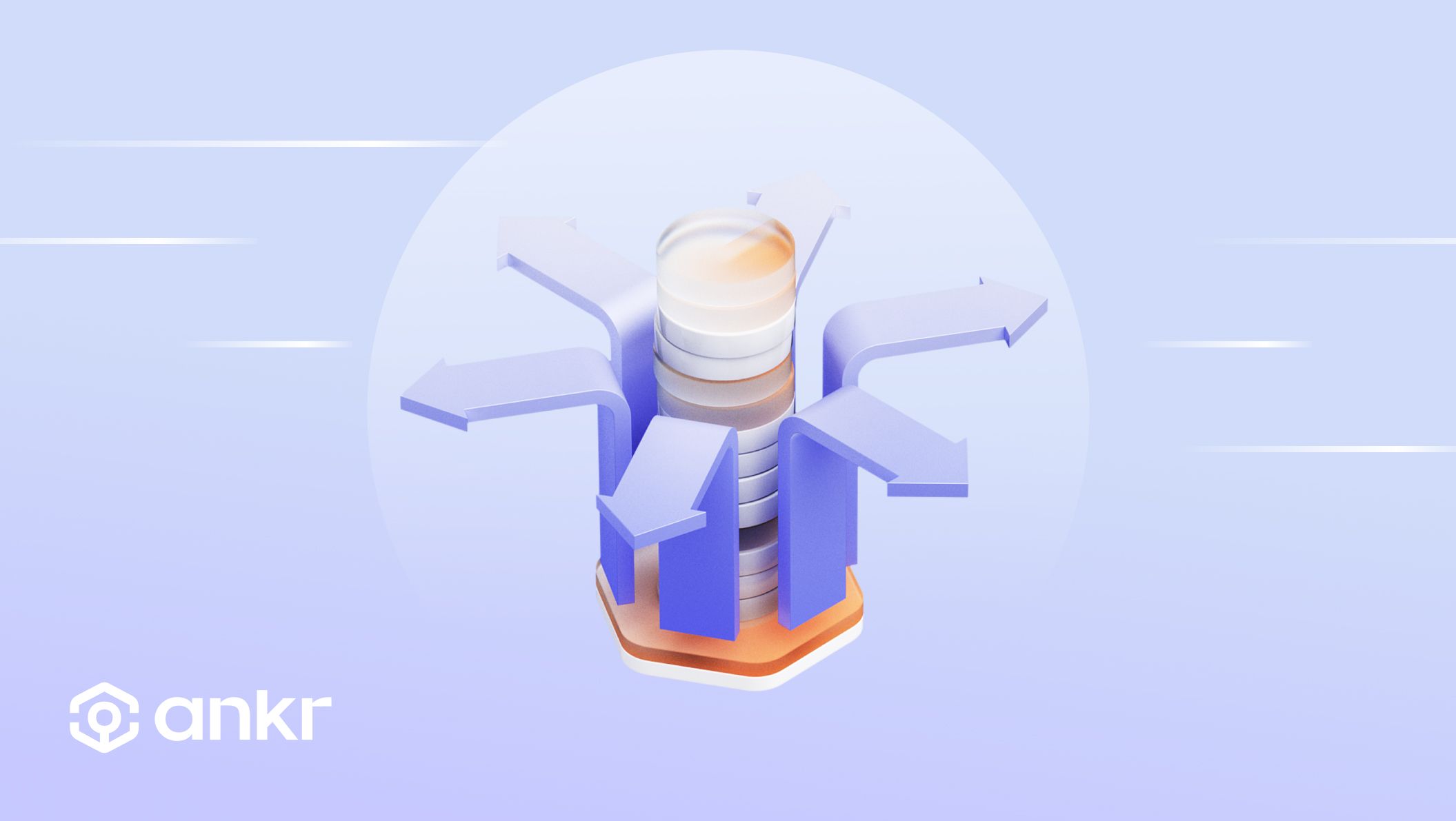
Liquid Staking: Understanding the Risks

Ethan Nelson
February 20, 2023
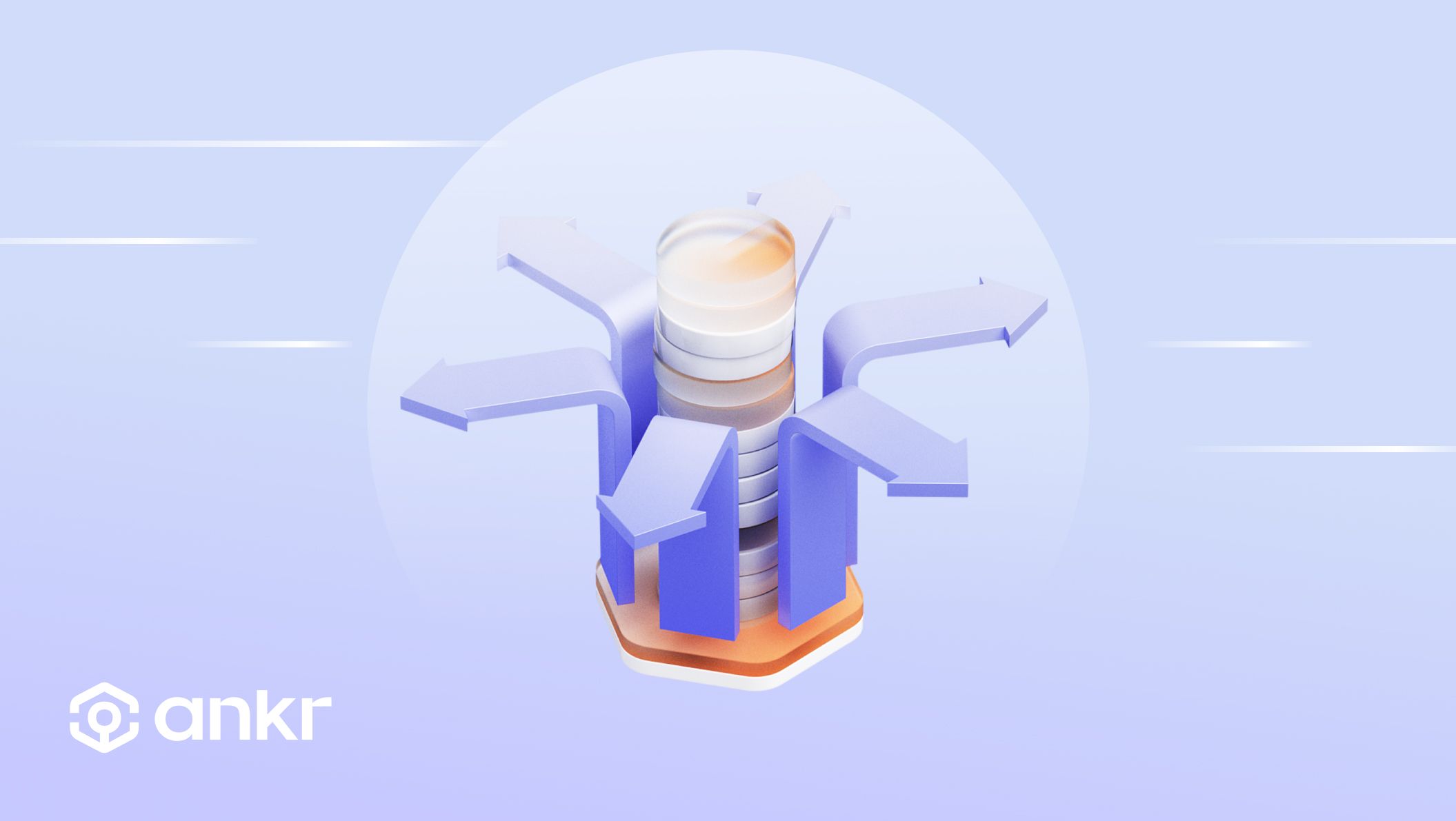
Staking has become a popular way for cryptocurrency holders to earn rewards by holding and participating in the network security of a blockchain. Ankr has...



